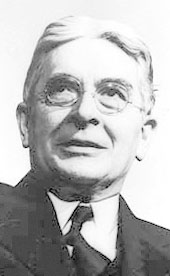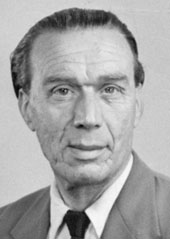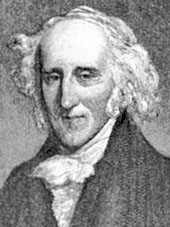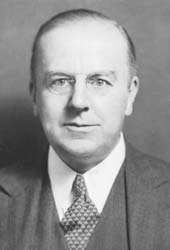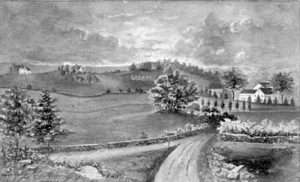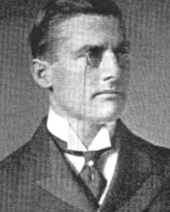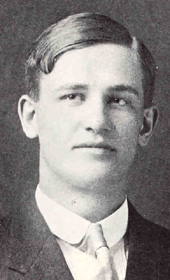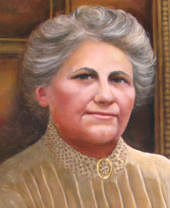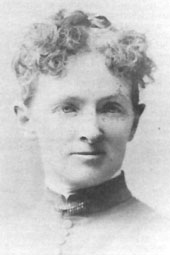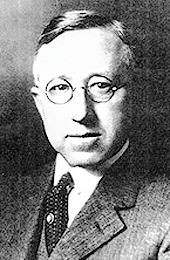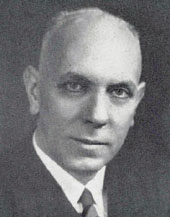Dall, Charles
August 20, 2006 December 13, 2021
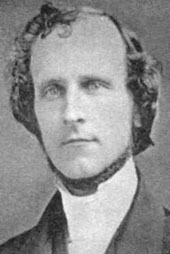
Charles Henry Appleton Dall (February 12, 1816-July 18, 1886), a Unitarian minister to the poor in the United States and an early Unitarian minister in Canada, was for three decades the only Unitarian missionary to India. He influenced and worked with the leaders of the liberal Hindu Brahmo Samaj movement and, controversially, joined the Brahmos himself.
